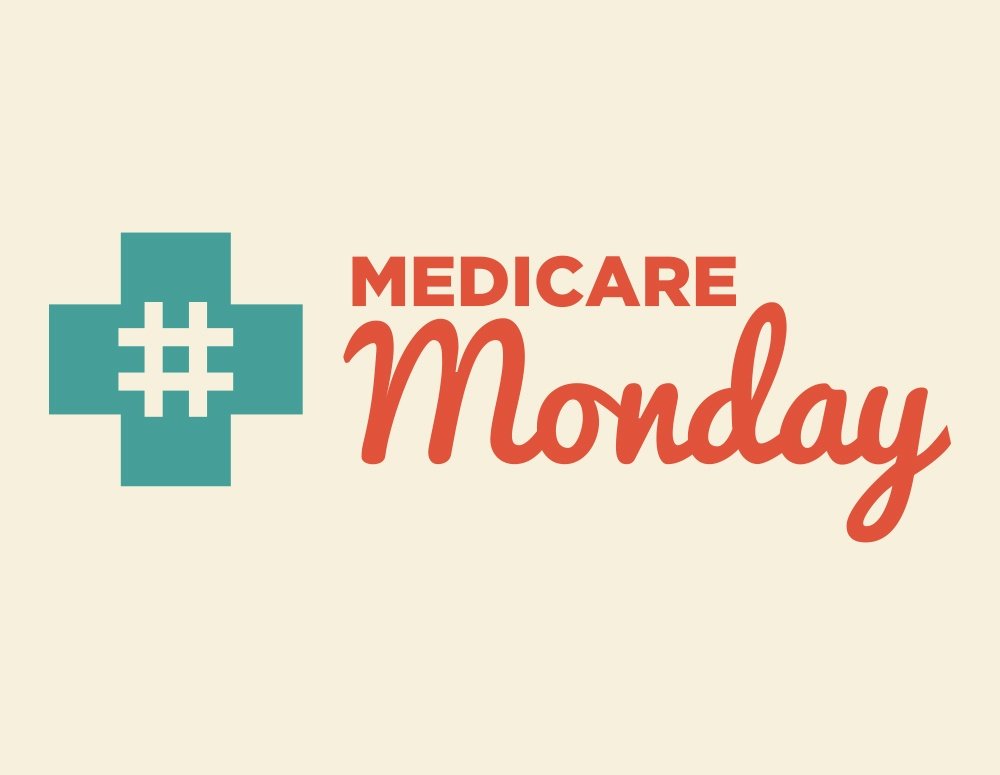Medicare Monday: A discussion on affordability and access to medicines

Medicare Monday: A discussion on affordability and access to medicines.

Medicare Monday: A discussion on affordability and access to medicines.

In case you missed it, the American Society on Aging held its annual conference last week in Chicago, IL, where Lori Reilly, PhRMA executive vice president of policy, research & membership, spoke about the importance of ensuring patients have affordable access to treatments. Reilly also recently wrote a piece in Aging Today, titled “America must innovate for the health of its aging population.” An excerpt of the piece follows:
“Nine years ago, my mom was diagnosed with ALS, or Lou Gehrig’s disease, a terminal illness. It has no cure, and currently, there is just one medicine on the market to help treat its symptoms. Every day since her diagnosis, people like my mom have inspired me to work on finding treatments and cures for the toughest illnesses.
“What I know is the search is never cheap or easy, demanding long-term, consistent investment with an appetite for risk and a tolerance for even repeated failure. It also demands a public policy environment that rewards that kind of prudent risk in search of innovation: It’s how we landed men on the moon and turned HIV/AIDS into a treatable chronic disease. It’s why former President Jimmy Carter is now cancer-free, and why the broader cancer death rate in the United States has fallen by 23 percent since its peak and the five-year survival rate has increased 41 percent across all cancers, according to the American Cancer Society.
“Without this careful balance of public and private risk-taking, patients may never see an effective treatment for any number of diseases. ...
“We’ve already seen strong evidence on how access to prescription medicines has lowered other, more expensive healthcare costs in the Medicare program. For example, gaining Part D coverage was tied to an 8 percent decrease in hospital admissions for older adults, according to a paper from the National Bureau of Economic Research.

“Additionally, helping to improve medication adherence among enrollees with congestive heart failure resulted in $2.3 billion in annual savings to Medicare driven by reductions in Parts A and B spending, according to Dall et al. in the American Journal of Managed Care.
“Older adults with diabetes who were adherent to their medicines saved an average of $5,170 per year compared to non-adherent beneficiaries, according to Roebuck in the Journal of Managed Care & Specialty Pharmacy, and since 2006, research finds nearly 200,000 Medicare beneficiaries have lived at least one year longer, with an average increase in longevity of 3.3 years, according to Semilla et al. in the American Journal of Managed Care.
“Part D’s benefits for America’s healthcare system were so profound that, in 2012, the Congressional Budget Office announced a change in its scoring methodology to reflect this growing body of evidence that increased prescription drug use leads to offsetting savings in Medicare for other services. …
“The evidence described earlier demonstrates that medicines are part of the solution—both for patients and for the sustainability of our healthcare system. But to have a sustainable healthcare system here, America will need to innovate—not regulate—its way to healthcare progress.
“My mom deserved that great American commitment to persevere, to find a medication that worked for her. Unfortunately, we were not ultimately successful in finding a treatment to help my mom before she passed away, but I am committed more than ever to ensuring today’s ALS patients have hope that a treatment will one day make it to market and end a disease that no person and no family should ever have to face. All American patients and their caregivers deserve this commitment.”
Read other pieces from Aging Today here.
Copyright © 2017 American Society on Aging; all rights reserved. This article first appeared in the March–April edition of Aging Today, ASA’s bimonthly newspaper.